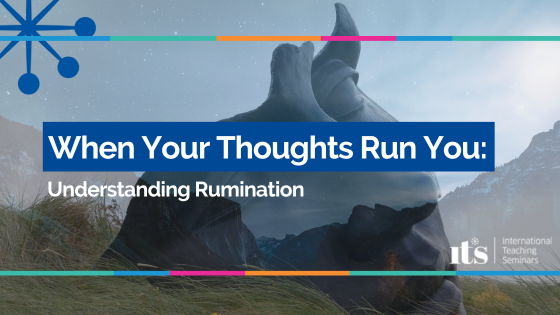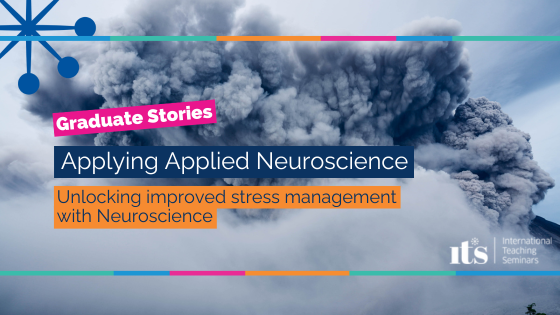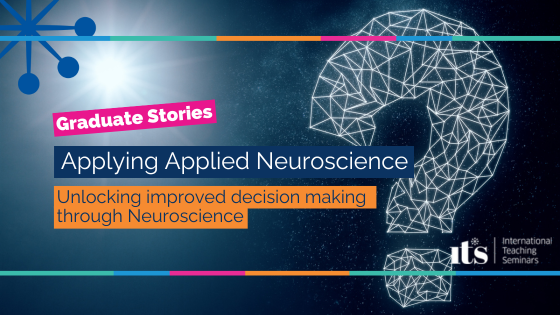NLP Mastery: Why become an NLP Master Practitioner?
How to impact your beliefs, your values and your sense of self.
What sort of results do you see from people who have completed the NLP Master Practitioner training?
First, they are happier. They know more about how they can shape their lives and in the process they often achieve new professional goals by using the tools that they have learnt
Second, they are much less at the mercy of events because they have addressed limiting beliefs and know how to manage their own state. This makes them more resourceful..
Third, they have a new sense of their own skill and competence when working with people’s beliefs and values.As these are what drives people’s behaviour that means they increase their range of influence enormously.
Why would someone who has reached NLP Practitioner level want to take the next step to NLP Master Practitioner, which is obviously a significant investment in time, money and energy?
After NLP Practitioner you now know what is possible. Now you are ready to start addressing beliefs and identity level issues with other individuals, teams and even entire organisations.
So much of what the ITS Master Practitioner programme is about is working at these higher logical levels to ensure that you can make real and lasting change, be it personally, professionally.
I think that if you want to be able to use what has been developed beyond Practitioner level and have a focus that is systemic – i.e. you’re looking at the whole system rather than just trying to change one little symptom – Master Practitioner is a must..
Those who commit to mastery of NLP are superbly equipped to give themselves the quality of life they deserve and to help and influence others to make the most of this extraordinary time in human history.
Why is the programme delivered by 3 different trainers?
I think at this level it’s really important that people appreciate the extraordinary diversity to be found within the field that we call NLP. One of the things that I really like about the feedback we get is that people tell us they really appreciate the range of styles they see and the differences between myself, Robert Dilts and Tim Hallbom. I have selected Robert and Tim because they are outstanding innovators, gifted communicators and share the same ethical base as myself.
- Tim Hallbom (Founder of NLPCA, co-developer of The Wealthy Mind Programme, as well as leading author and developer in the fields of NLP, Coaching & Hypnosis) will be delivering a module on ‘Working with the Wisdom Within and Hypnosis’. As Tim said in a recent conversation – which you can hear more of here, NLP Mastery: Using the Wisdom Within – “with the NLP Master Practitioner, you are really moving beyond capability and behavioural change and really into the whole area of your beliefs and your identity. Those kind of deep level changes that define who you are in the world.”
- Robert Dilts (Founder of NLPU in Santa Cruz, as well as leading author, developer, trainer and consultant in the field of NLP) will be delivering his Generative NLP work in his module on ‘New Tools: Changing Belief Systems’. His groundbreaking development makes him a leading voice on how to change belief systems. To do this you need to understand the structure of beliefs. This is such an important area and so rewarding. You can read more here: NLP Mastery: Transforming Limiting Beliefs
- I’ll be focusing on ‘Winning Hearts & Minds’ and ‘How to Make Real Change Happen’. We’ll look at how to make sense of what people do and how to make things different when you want to. In the process we’ll explore, identify and utilise Meta Programs, criteria and criterial equivalences and a whole range of particular belief change techniques. Here the learning is truly in the doing. Which is why so much of the training is experiential and giving you hands on learning.
If you are still deliberating about what becoming an NLP Master Practitioner can do for you, then ‘Register your interest’ with the ITS Team and we can set up a time for you to have a conversation with one of our Learning Advisers to help you get clear about your options.




Leave A Comment